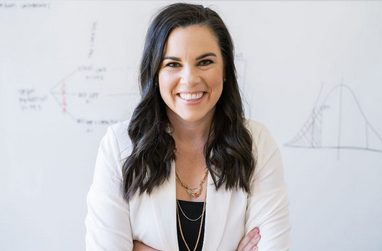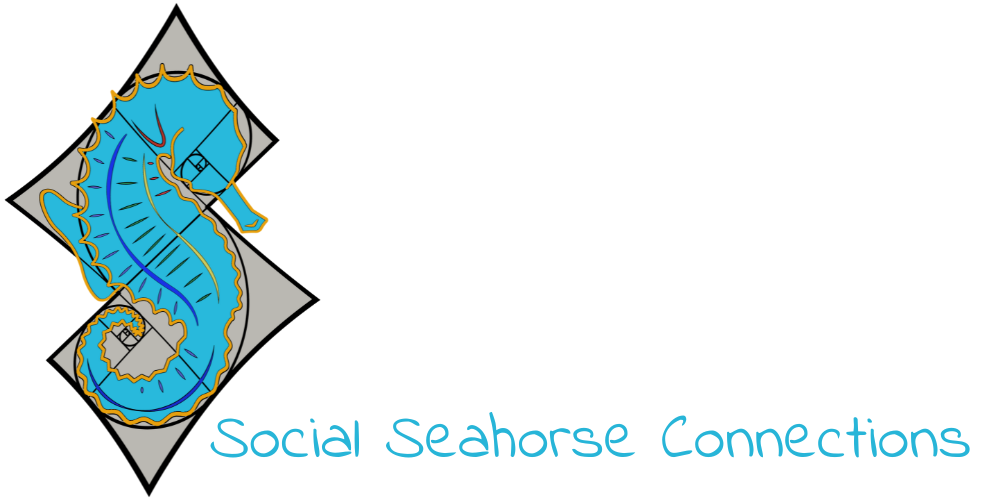
Creator of the newsletter Your Local Epidemiologist, Dr. Katelyn Jetelina, (Photo Credit: profile photo from site.)
What health issue stances do you feel strongest about?
Wear a mask or risk dying from COVID. Don't wear a mask because it will cause heart and lung issues.
Immunize your kids or risk them dying of a childhood disease. Don't vaccinate your kids or risk them dying of an immunization reaction.
Only drink pasteurized milk or risk TB, diphtheria and other awful diseases. Only drink raw milk or risk increased developmental and behavioral problems.
You likely feel strongly about where you stand on these issues, and you can point to information to back up your beliefs.
Belief Systems
Yet, much of this comes down not to the amount of information you can find but beliefs.
When I first started researching childhood immunizations decades ago as a child myself, my only resources were through the local library. I didn’t even have access to most medical journals and certainly no research databases.
I remember wanting to get my hands on the actual studies being quoted so I could see the raw data and how the studies were conducted. The majority of the information sources I could access used extreme scare tactics – reject immunization and your kids were practically guaranteed to die of some terrible illness – not to mention your irresponsible behavior to society in general, but if you went along with immunization, did you really want to put your infant at risk of a reaction that could leave your child with lifelong health consequences?
As I’ve grown older, I realize that in many cases, it’s not the information that sways our beliefs as much as who we decide we are going to trust.
Whose information are you going to believe? We certainly have no lack of information.
Now, we could have a nice long discussion about how to validate sources and what makes an institution trustworthy or not, but that’s not the point of today’s post. We are going to talk about where community fits into all of this.
The community impact
Find the Trusted Messengers is the title of the latest post by Your Local Epidemiologist, Dr. Katelyn Jetelina, MPH PhD, that caught my attention today.
I’ve been following Dr. Jetelina, an epidemiologist, data scientist, and senior scientific consultant to a number of organizations, including the CDC, since the early days of the COVID pandemic. Doctor and scientist by day and newsletter writer by night, I find her information relatable, credible, and believable.
I encourage you to read her post as it beautifully shows the importance of community when it comes to life and death health crises.
H5H1 (bird flu)
The current health issue that is shaping up to be the next pandemic is H5H1 (bird flu), and health care professionals are having trouble getting people to take protective action.
Dr. Jetelina notes, "The major challenge is that those at risk, and with whom we need cooperation to stop H5N1 from becoming a pandemic, trust the government and institutions the least." And, she gets it; these populations have experiences that give them reason to question if they can trust the government.
The focus of current proposed solutions (as happened with COVID 19) revolve around better messaging – positing that if they just find the right way of explaining the seriousness of the issue, people will respond appropriately.
The problem
Misinformation has been named the top global health threat in the coming years, so how do we get credible information to the people who need it most?
Solution: It’s not a snappy campaign with just the right message or presenting more science data - it's community.
Community solution
Dr. Jetelina identifies a community solution:
“Higher-risk people who need the information don’t trust the messenger (i.e., the government), and worse, the information is unresponsive to their needs on the ground.
“There is really only one answer: Find, equip, partner with, and support trusted messengers," Dr. Jetelina.
Who are these messengers?
When Dr. Jetelina initially started her newsletter, she thought she’d be speaking to the average person.
After surveying her readers, she discovered most of her readers are those "directly involved with their communities—education boards, non-profits, teachers, physicians, businesses, hospitals, scientists, media, and religious leaders—craving actionable, understandable, and useful information quickly to curate further for their networks."
These are trusted people with established involvement in their communities – people who are creating social value.
Dr. Jetelina identifies three qualities of trusted messengers:
- Believability
- Relatability
- Credibility
When we have people we trust in our communities, the dissemination of critical information can be vetted through them for delivery.
Beliefs and community
With so much information available to us today, it can be difficult to know what to believe.
Often, we choose what to believe by who is sharing the information. When we have positive personal relationships with those distributing the information, we trust them. With connection and community, we have opportunities to experience when people are believable, relatable, and credible by their words, actions, and conduct.
Life and death
As we face the possibilities of new pandemics – with life-and-death consequences – it is vital to belong to and contribute to trusted communities.
How are you showing up in your communities as believable, relatable, and credible?
How are you supporting and developing relationships with those in your community who disseminate critical health and wellness information?
Connections
When what you believe is based on who you believe, it becomes critical to be connected to your fellow humans in meaningful ways that build trust and social value.
I’m glad to be connected to Dr. Jetelina and her work through reading her newsletter online. I find her believable, relatable, and credible. I encourage you to check out her work.
Golden Connection Challenge:
Identify someone you find believable, relatable, and credible in your community – whether they are in-person or online connections. Reach out to them and express your appreciation for who they are and the service they provide delivering information you trust.
